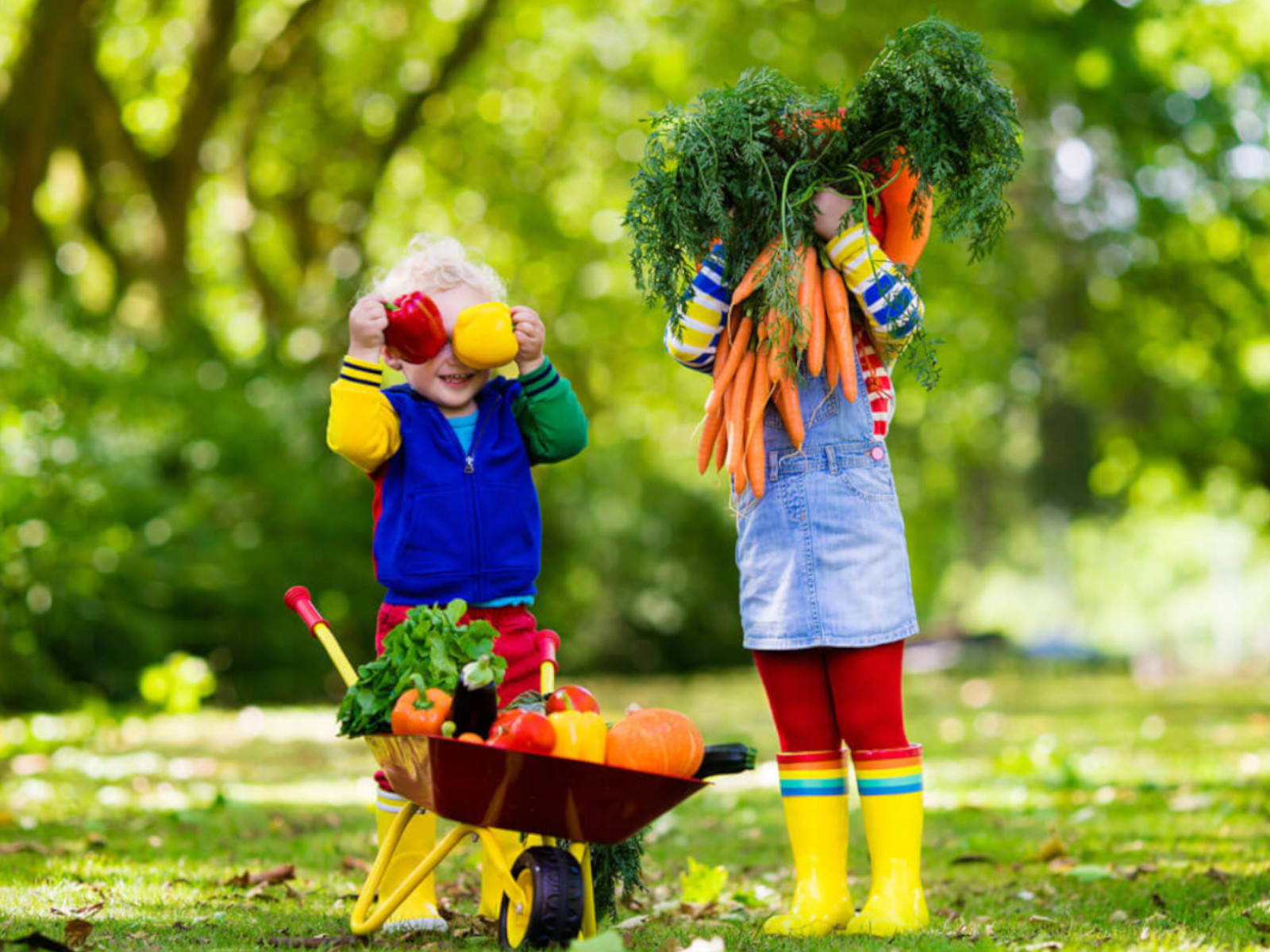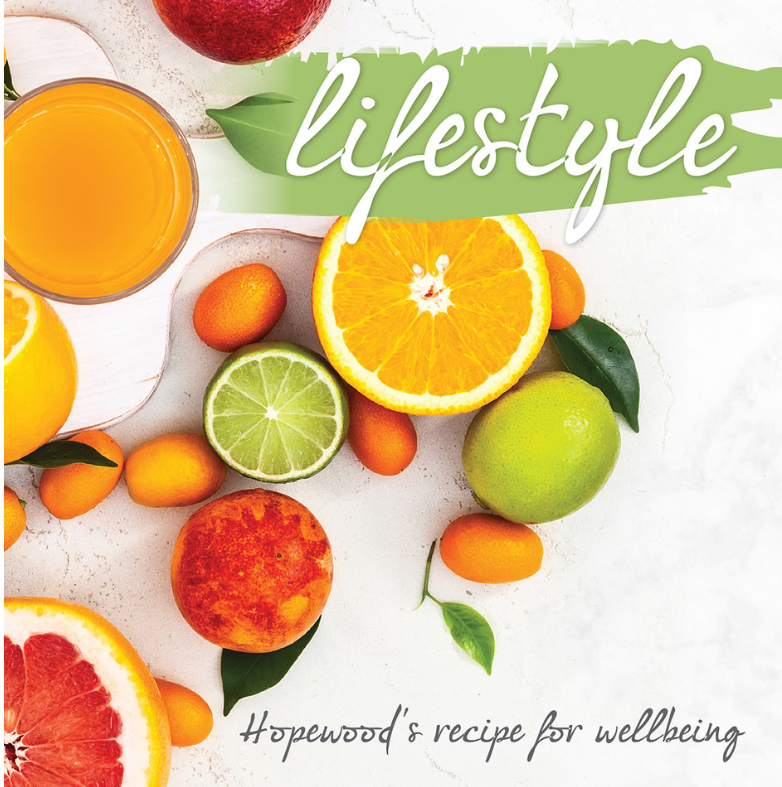Organic vs. conventional produce – is organic worth it? – Part one

Many of us have questions about the benefits of organic when compared to conventionally grown produce. There are no simple answers. This article provides some insights based on more detailed work undertaken by Robyn Chuter, one of our regular contributors.
But firstly, why buy organic produce? Organically grown produce has significantly less or no pesticide residue and is more ethically grown (for example, fairer working conditions for agricultural workers. It also has positive effects on our health. Research in 2014 led by the Newcastle Univeristy in the UK found that “Organic crops are up to 60% higher in a number of key antioxidants than conventionally-grown ones”.
Some aspects to consider when thinking of buying organic include: affordability, pesticide residues, heavy metals, nutrient levels and the health of agricultural workers. In this part of the story we discuss the first three of these topics.
Affordability
Organic produce can be difficult to source and it tends to be more expensive at conventional supermarkets, so it may be worth investigating whether your area has a local co-op. Cooperatives typically offer natural foods from local producers and are run by a group of members rather than a corporation or business. Local co-ops usually offer discounts for members.
Pesticide residuals
Research from Food Standards Australia and New Zealand (FSANZ) in 2016 found there is usually no trace of residue on fruit and vegetables sold in Australia. When there is some residue discovered it is well below the set limits. However, some agricultural and veterinary chemicals, that cannot be used in Australia, have also been detected by FSANZ.
Sourcing local organic produce limits the amount of pesticide residue on our fruits and vegetables so we can get more nutrients from our food and prevent further harm to the planet.
Heavy metals
A comprehensive Swedish review found higher levels of heavy metals, especially cadmium, in conventionally grown food products than in organically grown food. Inorganic fertilisers used in conventional agricultural systems commonly contain cadmium.
Look out for Part Two of this story – coming soon.









